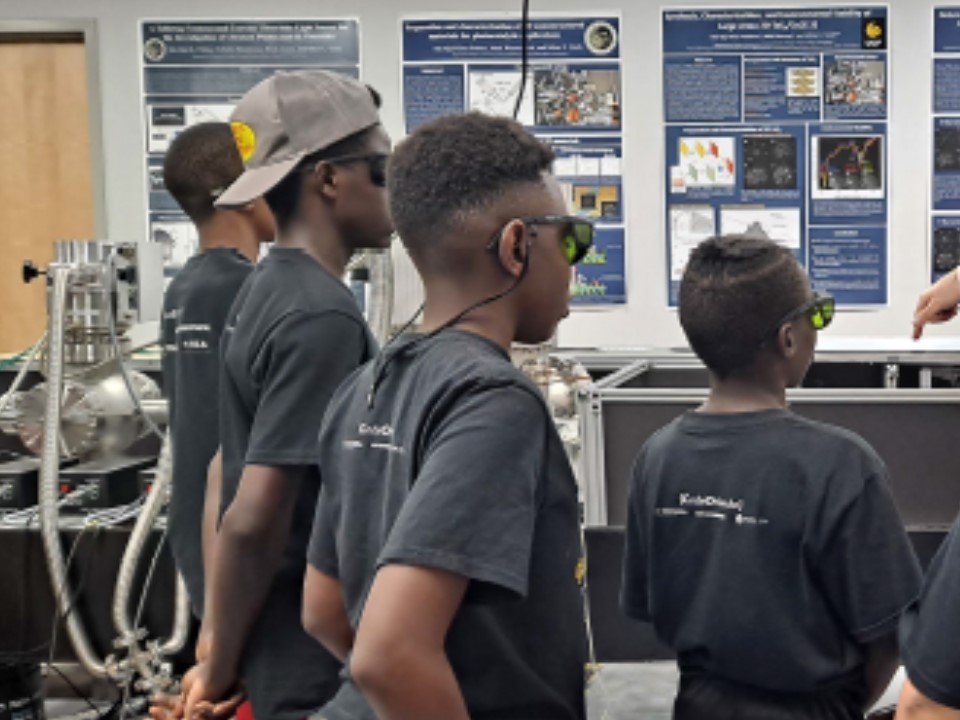A Scoping Review of Experiential Learning in Counselor Education A systematic review of 38 studies of counselor education foregrounds experiential learning as a signature pedagogy, supporting learner self-efficacy and identity and complementing the formal curriculum.
Main Article Content
Abstract
The purpose of this scoping review was to identify, review, and map the concept of experiential learning in counselor education. The review provides an overview of the types of studies, the theoretical positioning, definitions, and positionality of experiential learning in counselor education. The study includes an overview of N = 38 studies that met the inclusion criteria. After coding each qualifying study, the resulting data was combined to provide an overview of how the literature of experiential learning is situated in the broader field of counselor education. Despite the lack of parity in how experiential learning is defined, there is increasing evidence that counseling education views experiential learning as a signature pedagogy that supports learner self-efficacy and identity as well as a means to complement counseling curricular content.

